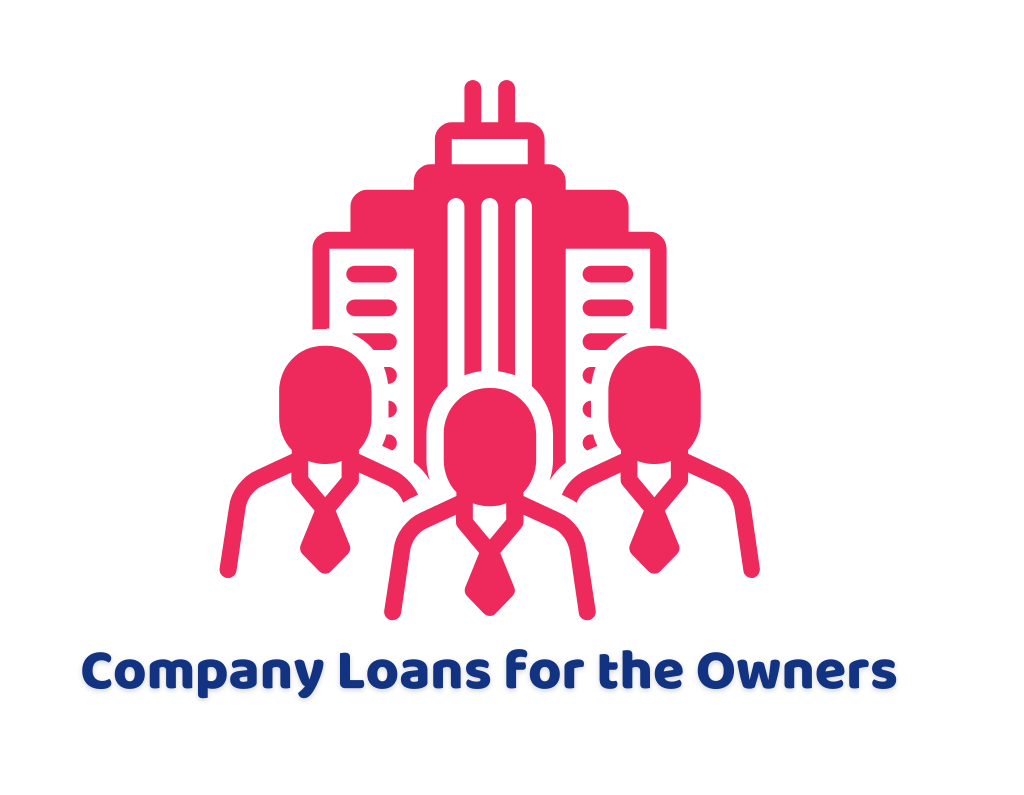Jennifer Adams explores where company owners might get useful short-term loans.
The cheapest personal bank loan rates are double what they were 18 months ago, though this has stabilised recently. Currently, the best loan interest rate between £7,000 and £25,000 is 5.9%. However, there is a source of finance from which a director or participator of a private limited company can borrow at 0% interest – from their company (assuming it has the money available). As ever, there are restrictions; but such loans can have a relatively low annual tax cost and be useful for short-term loans. The ‘section 455 charge’
A point that is sometimes missed is that a loan can be made by the company to not only its directors; HMRC’s Company Taxation Manual (at CTM60150) states that an associate or a participator can also take advantage. A loan can therefore be made to a director’s husband or wife, parent or grandparent (termed ‘remoter forebear’), a child or grandchild (termed ‘remoter issue’), brother or sister or partner. There needs to be a blood relationship for the penal ‘loans to participators’ tax rules (in CTA 2010, s 455) to apply. For example, there will potentially be no tax implications for a brother-in-law so long as his spouse is not also a shareholder in the company, and he is not the spouse’s brother. The loan needs to be repaid within nine months and one day after the company’s accounting year end to avoid the section 455 tax rules. Otherwise, the company will be liable for an additional tax charge equal to the dividend upper rate (39.35%). Without this charge, the director could borrow money from the company indefinitely without any tax implications.
Repay or Write Off?
Should the company be liable for the charge, the tax payment will be refunded when the loan is repaid (or written off.) The refund is usually offset against the corporation tax bill due (with no interest received), effectively nine months and one day after the accounting year end in which the loan is repaid. If no corporation tax is due, it can take a while for HMRC to repay the cash. If the loan is not repaid and the borrower is a basic or higher rate taxpayer, it would be cheaper for the loan to be converted into a dividend with a tax rate of 8.75% or 33.75% rather than the company pay the 39.35% charge. Conversely, should the director be an additional rate taxpayer (45%), it would be cheaper for the company to suffer the section 455 charge as this would ultimately be repayable on repayment or write-off of the loan. Even when the section 455 charge tax does have to be paid, the shareholder can still end up with more initial funds by taking a loan than taking additional salary or dividends. After all, the director would still have benefited from an interest-free or lowinterest loan.
Beneficial Loans
A complication arises should the loan exceed £10,000 and is interest-free or at a low rate below HMRC’s ‘official rate’ (currently 2.25%); the director is generally taxable on the difference between the interest charged and the ‘official rate’, such loans being termed ‘beneficial loans’. The benefit-in-kind and employer’s National Insurance contributions can be avoided by levying interest on the loan at the official rate (or more), even if this interest is rolled up in the loan and not immediately paid. If the ‘official rate’ is charged, borrowing from the company is cheaper than a bank loan or credit card. The £10,000 threshold must not be exceeded during the year (even for one day); otherwise, the whole loan becomes taxable. Unless repayment is made on the sale or windingup of the company, repayment will have to be via personal savings or by taking taxable income from the company (e.g., dividends).
Practical Tip
The loan need not be repaid in cash (e.g., a car or property could be transferred to the company by way of an effective repayment in kind).

